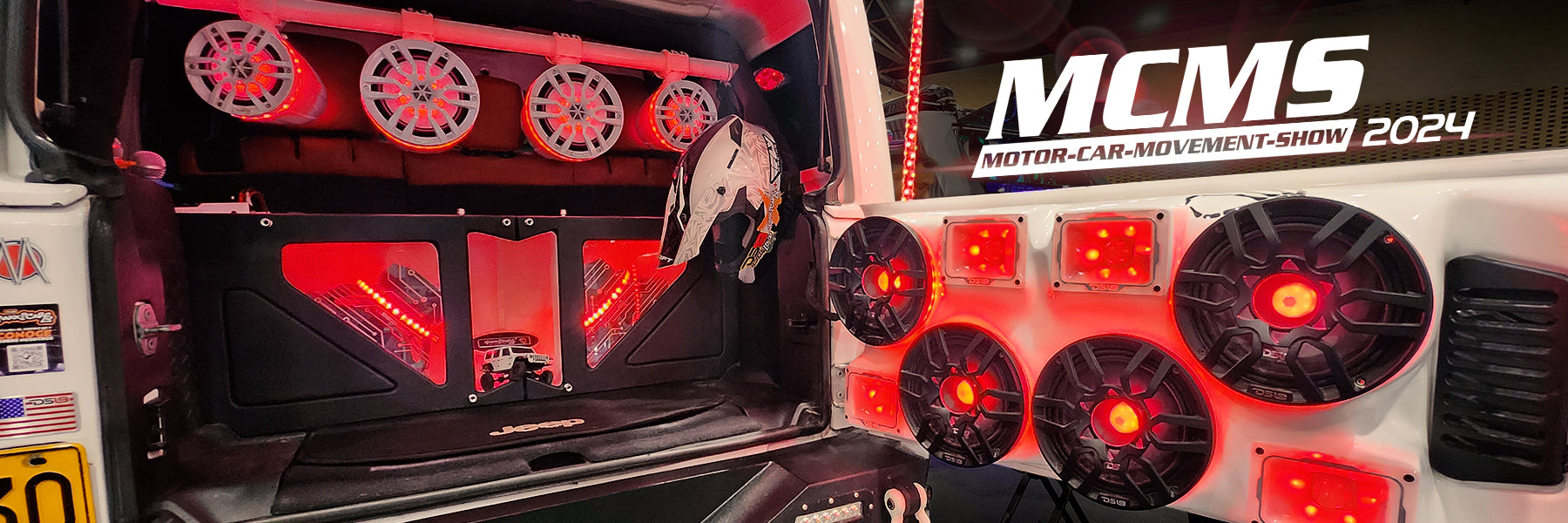Selecting the Right Alternator and Battery for Your Electrical System
As any experienced car enthusiast knows, the electrical system of a vehicle is the heart that powers all its components. From the headlights and radio to the engine and air conditioning, everything relies on an efficient electrical system. This is why it’s crucial to select the perfect alternator and battery to meet your specific electrical system requirements.
In the process of choosing the optimal alternator and battery for your vehicle, it’s essential to consider various factors. The alternator is responsible for charging the battery and providing power to the electrical components while the battery acts as a storage unit. Together, these components work hand in hand, to guarantee a consistent flow of electricity throughout the entire vehicle.

Factors to Consider When Selecting an Alternator for Your Electrical System Requirements
The first step in selecting the perfect alternator for your electrical system is to assess the power needs of your vehicle. This includes determining the total electrical load that your vehicle will be subjected to. Factors such as additional accessories, aftermarket modifications, and the number of electrical components all need to be taken into consideration.
Another important factor to consider is the alternator's amperage output. The amperage output determines the maximum amount of current that the alternator can provide to the electrical system. It is crucial to select an alternator with an amperage output that exceeds the total electrical load of your vehicle to ensure optimal performance.
Additionally, the size and mounting configuration of the alternator should also be considered. It is essential to choose an alternator that fits properly in your vehicle's engine bay and is compatible with the existing mounting brackets. Failure to do so may lead to installation issues and potential damage to other components.

Different Types of Batteries and Their Suitability for Various Electrical System Requirements
When it comes to batteries, there are several types available on the market. Each type has its own advantages and disadvantages, making it essential to choose the right one for your specific electrical system requirements.

One of the most common types of batteries is the lead-acid battery. This type of battery is known for its affordability and reliability. Lead-acid batteries are suitable for vehicles with moderate electrical demands and are a popular choice for most everyday cars.
For vehicles with higher electrical demands, such as those with aftermarket audio systems or extensive lighting setups, AGM batteries are a better option. AGM batteries are designed to provide a steady and consistent flow of power over an extended period. They are capable of handling multiple discharge and recharge cycles without losing their capacity.

DS18’s INF Series is a good example of this - Engineered with cutting-edge AGM (Absorbed Glass Mat) technology, the INF series guarantees exceptional performance and reliability. Its non-spill design allows for versatile mounting options, including upside-down configurations, providing unparalleled flexibility and convenience. The secure bolt M5 terminals not only ensure a steadfast connection but also offer compatibility with various add-on terminals and busbars, enabling enhanced connectivity and conduction. Experience a new era of power with DS18’s INF series, enabling consistent amperage draw while maintaining optimal voltage levels.
Understanding the Battery Capacity and Its Impact on Your Electrical System
Battery capacity refers to the amount of energy that a battery can store and deliver over a specific period. It is usually measured in ampere-hours (Ah) and indicates how long the battery can provide a specific amount of current before needing to be recharged.
When selecting a battery for your electrical system, it is essential to consider the battery capacity and its impact on the overall performance. If the battery capacity is too low for your vehicle's electrical demands, it may not be able to provide enough power, leading to issues such as dimming headlights, slow cranking, or even a complete loss of power.
On the other hand, selecting a battery with a capacity that exceeds your requirements can be beneficial. A larger battery capacity means that the battery can handle higher electrical loads and provide a more extended period of power without needing to be recharged.
Tips for Choosing the Right Battery for Your Electrical System
Choosing the right battery for your electrical system can be a daunting task, but with these tips, you can ensure that you make the best decision:
- Determine your vehicle's electrical load: The power requirements for a car audio system will vary depending on the size and configuration of the system.
In general, a small to medium-sized system will require an alternator with a rating of at least 100 amps, and a battery with a rating of at least 1000 cold cranking amps. This will provide enough power to drive the amplifiers and subwoofers, and it will ensure that the system has enough reserve power to handle peak demand periods.
For larger and more extreme audio systems, it may be necessary to use multiple alternators to provide the necessary power. In these cases, a three-alternator setup may be used, with each alternator providing power to a different group of amplifiers and subwoofers. This type of setup can provide a large amount of power, and it can ensure that the system has enough power to handle the demands of a high-performance audio system.

With alternators, a good rule of thumb is every 100a can put out 1000-1500W over battery reserve. This means if you have a 300a alternator, after 4000-4500W, the alternator current will be depleted and it will start to use battery reserve.
- Choosing your components carefully: It's important to choose components that are capable of producing loud and high-quality sound.
For example, a high-power amplifier can drive a low-sensitivity subwoofer to high volume levels, but the resulting sound may be distorted and lacking in detail.
On the other hand, a low-power amplifier may not be able to drive a high-sensitivity subwoofer to high volume levels, resulting in a weak and underpowered sound.
To achieve the best results, it's important to choose subwoofers and amplifiers that are well-matched in terms of power output, sensitivity, and impedance. This will ensure that the system is capable of producing loud and high-quality sound, and it will maximize the performance of the alternators and battery.

Making the Right Choice for Your Electrical System
Audio excellence begins with the thoughtful selection of alternators and batteries tailored to meet the power demands of your audio system. This decision directly influences the performance and longevity of your vehicles components.
When it comes to your vehicle's electrical system, compromise is not an option. The investment in a dependable alternator and battery ensures not only peace of mind but also optimal performance.
So, power up your audio system with DS18! Choose the right alternator and battery for your electrical system today and experience the DS18 Difference yourself!








